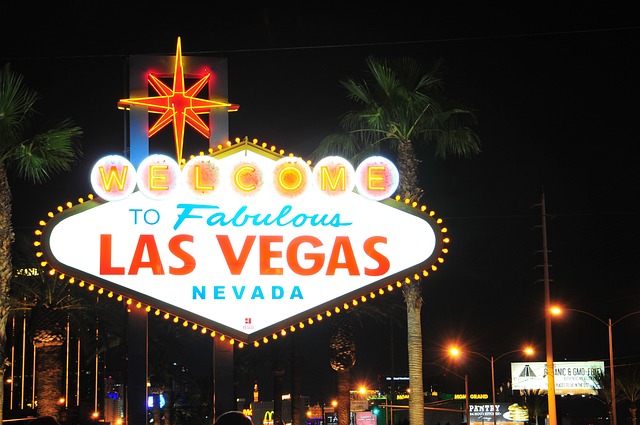When choosing an online casino, one of the most critical factors to consider is whether the site is licensed or unlicensed. Licensing directly impacts the safety, fairness, and legality of the gaming experience. Licensed casinos operate under strict regulatory frameworks that ensure compliance with industry standards, while unlicensed operators often lack oversight and accountability. Understanding the differences between licensed and unlicensed casinos is essential for protecting yourself as a player and enjoying a secure and trustworthy gambling environment.
What Makes a Casino Licensed?
A licensed casino has obtained a permit from a recognized regulatory body, such as the UK Gambling Commission (UKGC), Malta Gaming Authority (MGA), or Swedish Gambling Authority. These licenses require casinos to meet stringent requirements, including player protection measures, fair game testing, responsible gambling policies, and secure financial transactions.
Licensed casinos display their licensing information prominently on their websites, and players can verify this by checking with the issuing authority. The licensing process includes regular audits and compliance checks, ensuring that games are fair, payouts are honored, and customer funds are protected. For players, a licensed casino offers peace of mind and a layer of legal protection in case of disputes.
The Risks of Playing at Unlicensed Casinos

Unlicensed casinos operate without the approval or oversight of a recognized regulatory body. While they may appear attractive with high bonuses or lenient terms, these platforms often carry significant risks. Without regulatory compliance, there’s no guarantee that games are fair, payouts will be processed, or player data will be safeguarded.
Players using unlicensed casinos risk encountering issues such as delayed or denied withdrawals, fraudulent activity, and lack of dispute resolution options. Additionally, unlicensed sites may not follow responsible gambling practices, increasing the potential for harm. In some cases, playing at an unlicensed casino can even be illegal, depending on the player’s jurisdiction, which could result in legal consequences.
Key Differences in Player Protections
One of the most important distinctions between licensed and unlicensed casinos is the level of player protection offered. Licensed casinos are required to implement safeguards such as secure encryption technologies, age verification checks, self-exclusion options, and clear terms and conditions. They also work with independent testing agencies to ensure game fairness and provide avenues for players to file complaints.
Unlicensed casinos, on the other hand, are not obligated to provide these protections. They may lack transparency, have vague or unfair terms, and use unverified software. Without oversight, unlicensed operators can exploit players with impunity. For anyone seeking a safe and enjoyable gambling experience, sticking with licensed casinos is the prudent choice.
How to Identify a Casino’s Licensing Status

Before registering at an online casino, check for licensing information typically found at the bottom of the website or in the “About” or “Legal” section. Look for the license number and issuing authority, such as the UKGC, MGA, or Curacao eGaming. For added assurance, visit the regulator’s website and verify the license details.
Avoid casinos that do not provide clear licensing information or that use vague or unverifiable credentials. Be cautious of sites offering overly generous promotions without transparent terms. Reading reviews from trusted sources and checking player forums can also provide insights into a casino’s reputation and reliability.
